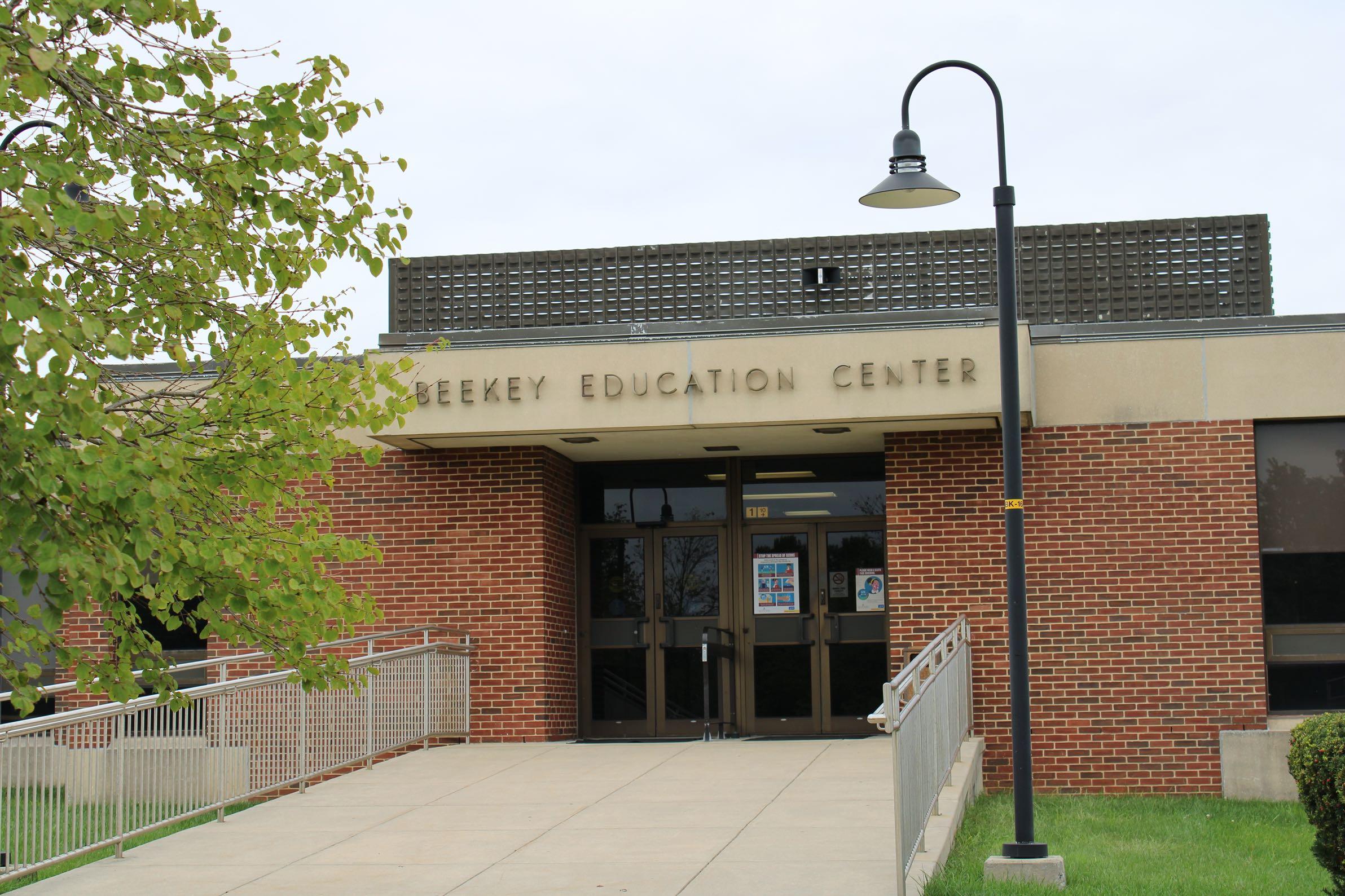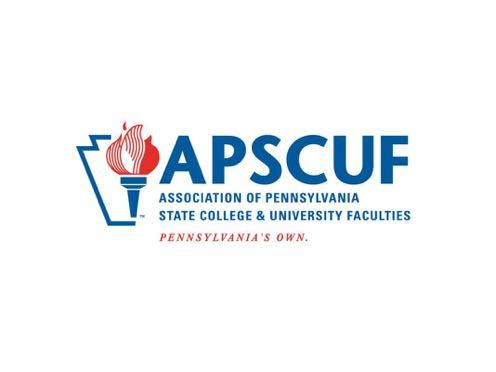
5 minute read
Stimulus Bill Article
By Fiona O’Toole
This time last year, the first case of COVID-19 was reported in America. Since then, over 24 million people have tested positive and over 400,000 have passed away. This has changed almost every part of the way that we conduct our daily lives. For many educators, the past year has been spent adjusting a classroom setting into a virtual format with the hopes that eventually, COVID-19 case numbers will go down and students and professors will return to face-toface learning. By the end of 2020, most were well-adjusted to this new virtual world.
Advertisement
However, a lot has changed since the Fall semester ended. The new year brought with it a rise in COVID cases as well as a rise in vaccine distribution. To help try to combat the COVID crisis, newly inaugurated president, Joe Biden, has proposed a 1.9 trillion-dollar relief package. Within this proposal is planned aid for institutions of higher education. According to the American Council on Education, $22.7 billion dollars is proposed to aid higher education institutions. 89%, or $20.002 billion, of this will be allocated to the Higher Education Emergency Relief Fund. 7.5%, or $1.702 billion, will be allocated to minority serving institutions such as Historically Black colleges and universities and Hispanic Serving institutions. 3%, or $680.9 million, will go to for-profit institutions of higher education. The remaining 0.5% will be allocated to the Fund for Improvement of Postsecondary Education with the intentions to help colleges that are disadvantaged to the formula for aid. What does this mean for Kutztown? According to the Chronicle of Higher Education, Kutztown University is to receive $11,533,902 in relief money. Due to the CARES Act (Coronavirus Aid, Relief, and Economic Security) at least half of this monetary relief must be allocated to student aid. Many college-aged students do not qualify for the federal stimulus check because many are still classified as dependents through their parents. In May, Kutztown University distributed federal funding to help students in areas such as food, housing, course materials, technology, healthcare, and childcare expenses according to the Kutztown University Website. The university will likely follow the same process with the $11.5 million in relief money they are to receive. This monetary aid comes at a time where educators are beginning to get vaccinated. It is and has been the goal for many government workers to reopen schools and resume face-to-face learning. According to Insider Higher Ed, The University of Florida and the University System of West Virginia have started to vaccinate faculty over the age of 50. The first group to get vaccinated in most states is health care workers. However, in some states, educators are considered essential employees and are already starting to receive the vaccine. Pennsylvania includes educators K-12 and professors of higher education in the 1B group. Although all of these updates point toward institutes of higher education moving toward returning to regular classes and campuses, it is likely that the normality of several semesters ago is extinct. The transition to virtual learning and the reliance on technology are themes that will be carried into the future of higher education.





Changes?
Please inform the KU APSCUF office if you have a new address or any other changes that would require an updated PA Faculty Health and Welfare Fund enrollment card. Examples Changes?of applicable changes are your name, marital status, and dependents. To make these changes, contact the office manager at (610) 683-4277 or apscufku@kutztown.edu Also, remember to check out APSCUF Rewards for potential discounts on moving services!
As the COVID-19 crisis forced faculty and coaches to shift their work online, APSCUF’s membership committee shared stories of how solidarity is keeping our union strong. Click here to view stories on the APSCUF blog.
Share a story of how you are lending your expertise and talents during this time of change by emailing Chabria Thomas, director of organizing, at cthomas@apscuf.org. Please tell us who you are and what you are doing to positively impact your university and community. Please include a photo and caption information, too. You also can tag APSCUF on Twitter and Facebook and use #APSCUFproud.
Our union’s strength is equal to the hard work of our membership. If you are an adjunct, tenure-track, or tenured faculty, APSCUF-KU has a broad variety of committees that need your help. They include membership, mobilization, student liaison, grievance, academic concerns, public relations, and many more. Faculty interested in active service for tenure and promotion dossiers will find it in our committees. Adjuncts interested in conversion also have many opportunities. Interested? Contact the office manager at apscufku@kutztown.edu, 610-683-4277, or fill out a willingness to serve form here.
CAP: The Political Voice of APSCUF
APSCUF’s Committee for Action through Politics (APSCUF/CAP) is the political voice for APSCUF faculty and coaches. Since its inception in 1981, CAP has assisted faculty and coaches in making informed political decisions. CAP is a nonpartisan organization that supports candidates who will advocate for APCUF’s goals and prioriteies.
Why you should donate to CAP?
When you contribute to APSCUF/CAP, you beome involved in the political process. Your CAP donations support candidates for state office who will advocate for public higher education and have strong records on labor, education and budget issues.


APSCUF/CAP members have the opportunity to:
v Attend fundraising events v Build relationships with policymakers v Make important endorsement decisions v Assist candidates who support APSCUF goals v Participate in golf outings to support candidates

January 26, 2021
Dear Colleague:
This letter is important tax information in regards to deductibility of union dues. Current tax federal tax law does not allow a deduction for union dues for the years 2018 through 2025.
For Pennsylvania tax payer purposes, the full amount of union dues paid are deductible. Mack Gerberich and Associates has advised us that for 2020 the deductible percentage of union dues was one-hundred (100%) percent. Therefore, one-hundred (100%) percent of union dues are deductible.
If you use a professional tax preparer, please remember to provide this information.

Sincerely,
Jamie S. Martin, Ph.D. President
JSM:klj






